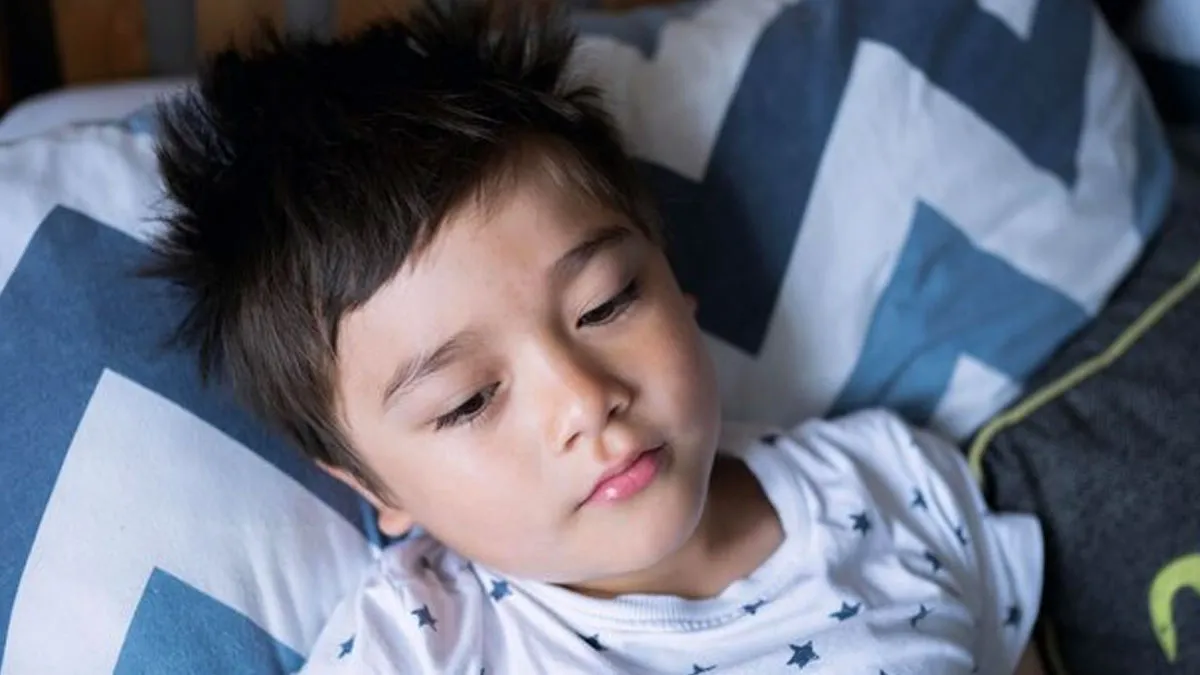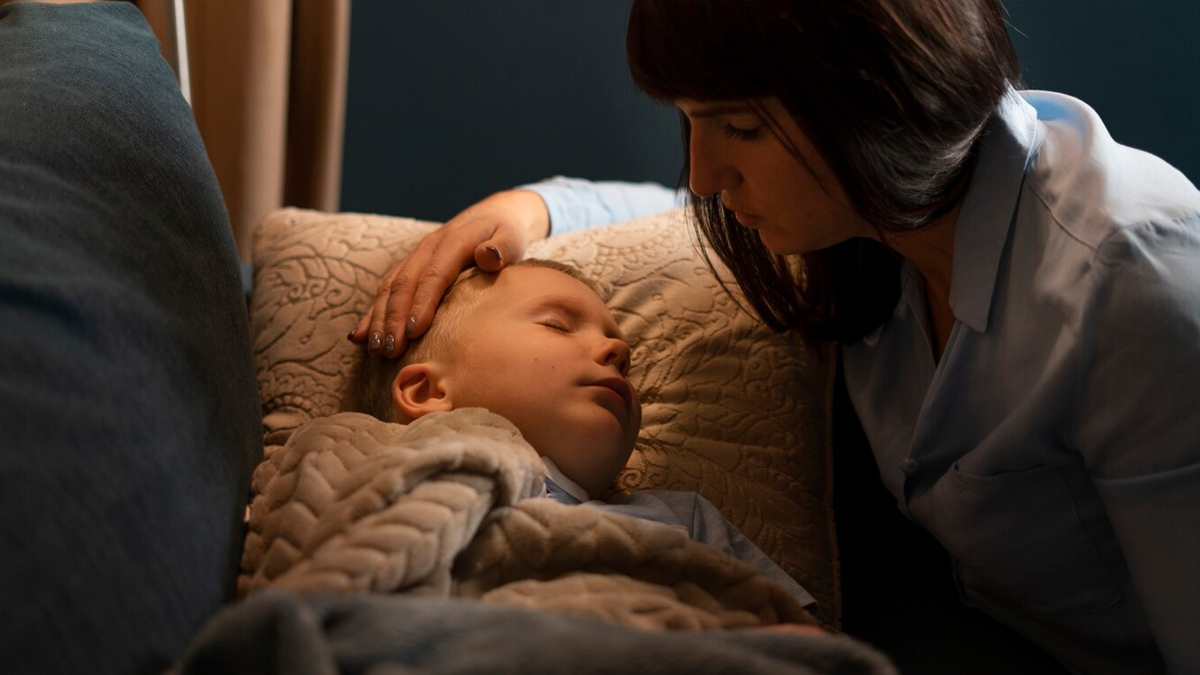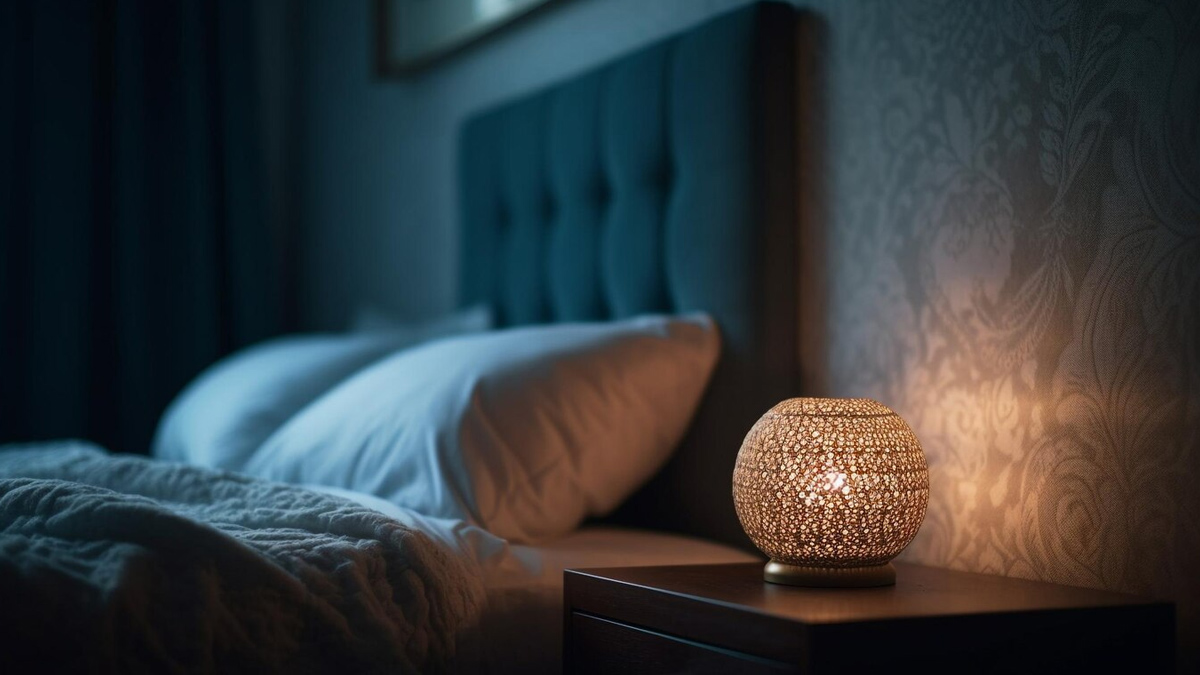
Every parent understands the challenges of bedtime, but for families with autistic children, sleep issues extend far beyond the normal tossing and turning. Many conventional sleep regimens are ineffective, leaving children tired and parents frustrated. But why does this happen? The solution relies on fundamental variations in how the autistic brain processes sleep.
Table of Content:-
On this World Autism Day, observed on 2nd April, every year, we spoke to Dr Vittal Kumar Kesireddy, Consultant and In-charge, Department of Paediatrics, CARE Hospitals, Banjara Hills, Hyderabad, who explained the sleeping architecture in autistic children.
A Parent's Perspective: When Sleep Training Fails

"Meera, the mother of a 6-year-old autistic kid, spent months experimenting with every advised sleep method, from melatonin to controlled tears. Regardless of what she tried, her child would wake up frequently or refuse to sleep. The evening routines that worked so well for their older child appeared to make matters worse for him," shared Dr Kesireddy.
Her experience is not unusual. Many parents of autistic children are concerned that traditional sleep advice created for neurotypical children does not address their child's specific neurological and sensory needs.
Sleep Is Handled Differently By The Autistic Brain

Sleep disturbances caused by irregular melatonin synthesis are common among autistic individuals. Altered melatonin levels can significantly influence human behaviour, as demonstrated in individuals with Smith-Magenis syndrome. These patients exhibit an inverted melatonin circadian rhythm and show behaviours characteristic of autism, as per a study conducted in 2007.
Children with autism often have trouble falling and staying asleep because their bodies release the hormone melatonin later than usual. "Rapid Eye Movement (REM) sleep is essential for emotional regulation and memory consolidation; however, research shows that many autistic children have diminished REM sleep," said Dr Kesireddy.
A significant impact is produced by changes in sensory processing. Sensory inputs, such as light, sound, and even the feel of one's bedsheets, can trigger severe reactions in autistic individuals. "Ordinary sounds, like the buzz of an air conditioner or the ticking of a clock, can also disrupt their sleep. In contrast, some autistic children experience hyposensitivity, meaning they may not notice common signs of fatigue, such as drowsiness," he added.
Also Read: Time Blindness In Autism: Why Traditional Schedules Don’t Work For Neurodivergent Minds
Why Does Standard Sleep Advice Fail?
Traditional sleep training approaches assume children will eventually settle into a normal nocturnal schedule. Tight sleep schedules, sleep training approaches like 'cry-it-out,' and even bedtime stories can sometimes worsen anxiety in autistic children rather than help them sleep. Their sleep patterns are naturally erratic, making it difficult to follow rigorous routines.
What Works For Autistic Children?
Paediatricians and sleep specialists are increasingly advocating sleep therapy tailored to autism. Instead of encouraging autistic children to adopt neurotypical sleep habits, focus on building sleep surroundings and routines adapted to their needs.
Also Read: Can Brain Injuries Cause Autism? Understanding The Connection With Expert Insights
Effective Sleep Strategies For Autistic Children

- Creating a Comfortable Sleep Environment: Sensory-friendly sleeping arrangements, such as weighted blankets, white noise makers, and blackout curtains, can help control sensory input and make the room more relaxing.
- Flexible sleep schedules: Letting people choose when to go to bed instead of making them stick to a strict routine may help them relax and sleep better.
- Gradual transitions: Instead of sticking to a strict bedtime routine, easing off on activities and excitement before bed can help you get to sleep.
- Melatonin under medical supervision: If your doctor tells you to take melatonin pills, they can help you sleep better.
The Need for Specialised Sleep Support
More doctors are now recognising the importance of giving neurodiverse kids personalised sleep advice. "Instead of using standard sleep guidelines, doctors should look at each child's sensory profile, anxiety levels, and melatonin control before offering sleep therapy. Sleep specialists trained in neurodiversity-affirming approaches can help autistic children sleep better," explained Dr Kesireddy.
"For parents like Meera, this tactical operation has changed their lives forever. Everything improved tremendously once they stopped attempting to force him to follow a typical sleep schedule and instead focused on creating a sleep environment that worked for him. By rejecting a one-size-fits-all strategy and adopting neurodiversity, autistic children and their stressed parents can finally relax," concluded Dr Kesireddy.
[Disclaimer: This article contains information provided by an expert and is for informational purposes only. Hence, we advise you to consult your professional if you are dealing with any health issue to avoid complications.]
Also watch this video
How we keep this article up to date:
We work with experts and keep a close eye on the latest in health and wellness. Whenever there is a new research or helpful information, we update our articles with accurate and useful advice.
Current Version